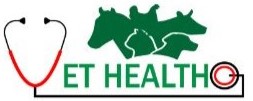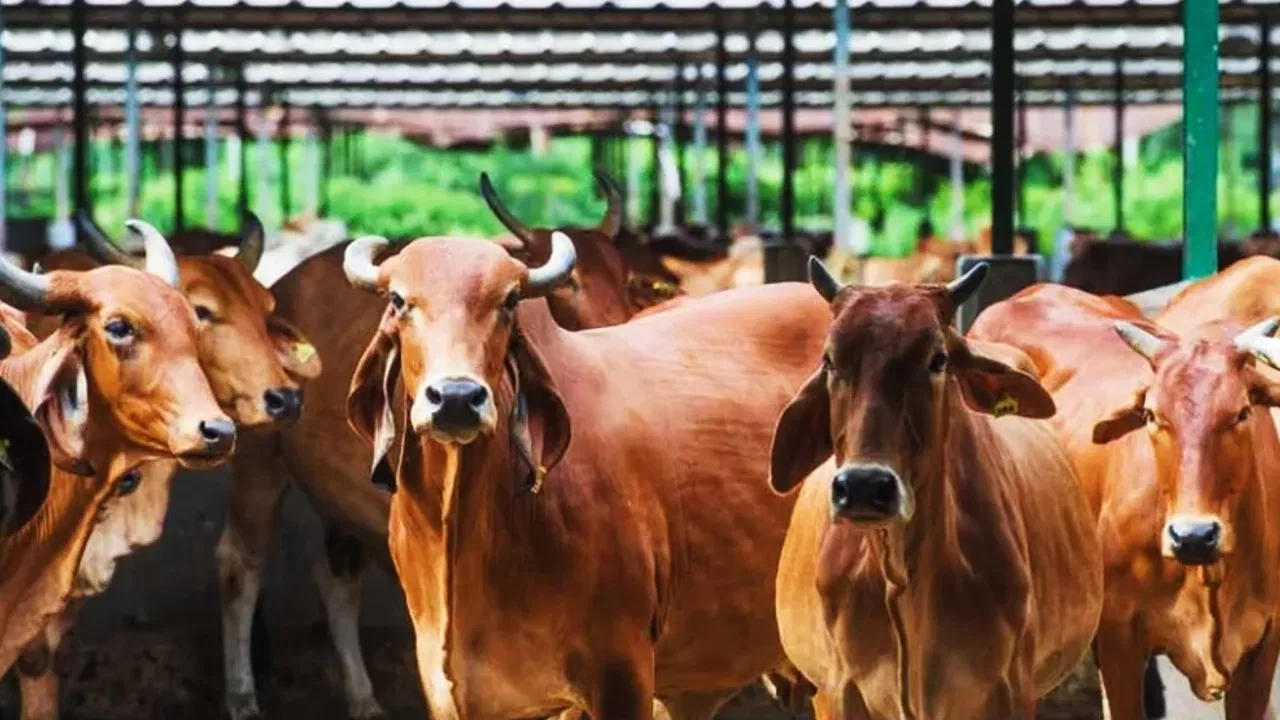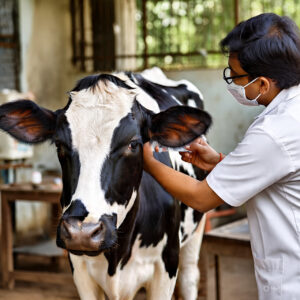Viral infections in cows can lead to serious health problems and cause significant losses for farmers. Understanding the common viral diseases in cows, their symptoms, and how to prevent and manage them is crucial for maintaining healthy livestock.
Some of the major viral diseases in cows include:
- Foot and Mouth Disease (FMD): Highly contagious, causing blisters on the mouth and hooves, leading to lameness and reduced milk production.
- Bovine Viral Diarrhea (BVD): Causes fever, diarrhea, respiratory issues, and in severe cases, reproductive problems.
- Rinderpest (Cattle Plague): Though eradicated in many regions, it was once a deadly viral disease causing high fever and internal bleeding.
- Lumpy Skin Disease: Characterized by nodules on the skin and fever, it affects milk yield and can spread quickly among cattle.
- Bluetongue Virus: Affects mainly sheep and cattle, causing swelling and inflammation of the mouth and tongue.
Prevention Tips:
- Regular vaccination and booster shots according to veterinary advice.
- Maintaining clean and hygienic farm conditions.
- Quarantine new animals before introducing them to the herd.
- Proper nutrition to boost the immune system.
If you notice symptoms like excessive salivation, fever, or skin lesions, consult a veterinarian immediately for diagnosis and treatment.
For more on animal health and livestock management, check our article on Effective Vaccination Strategies for Cattle.




